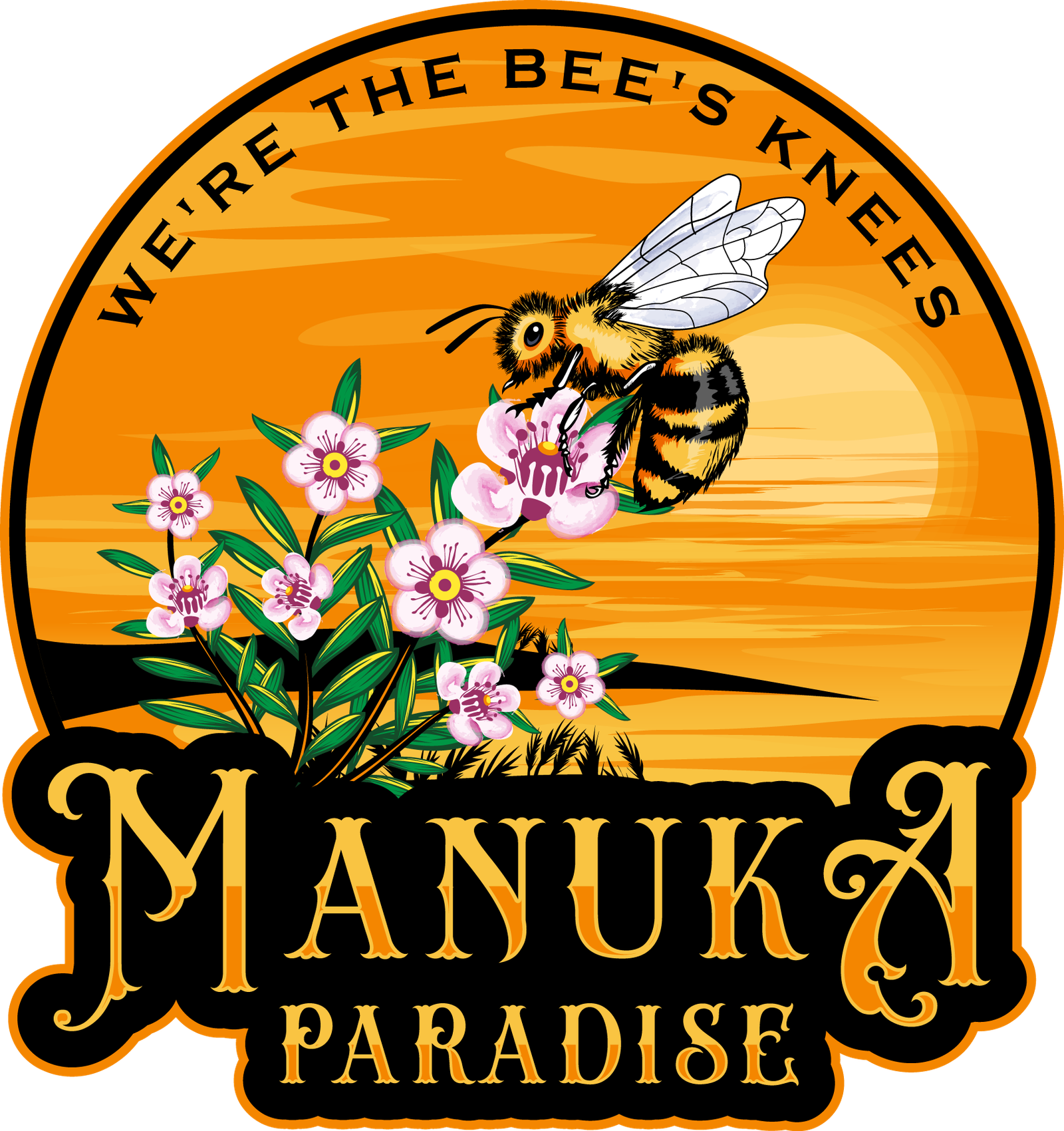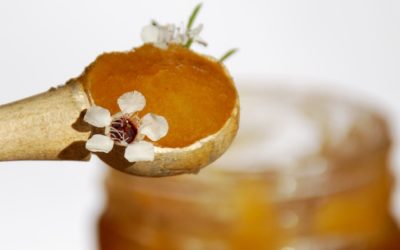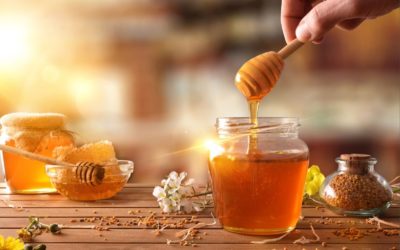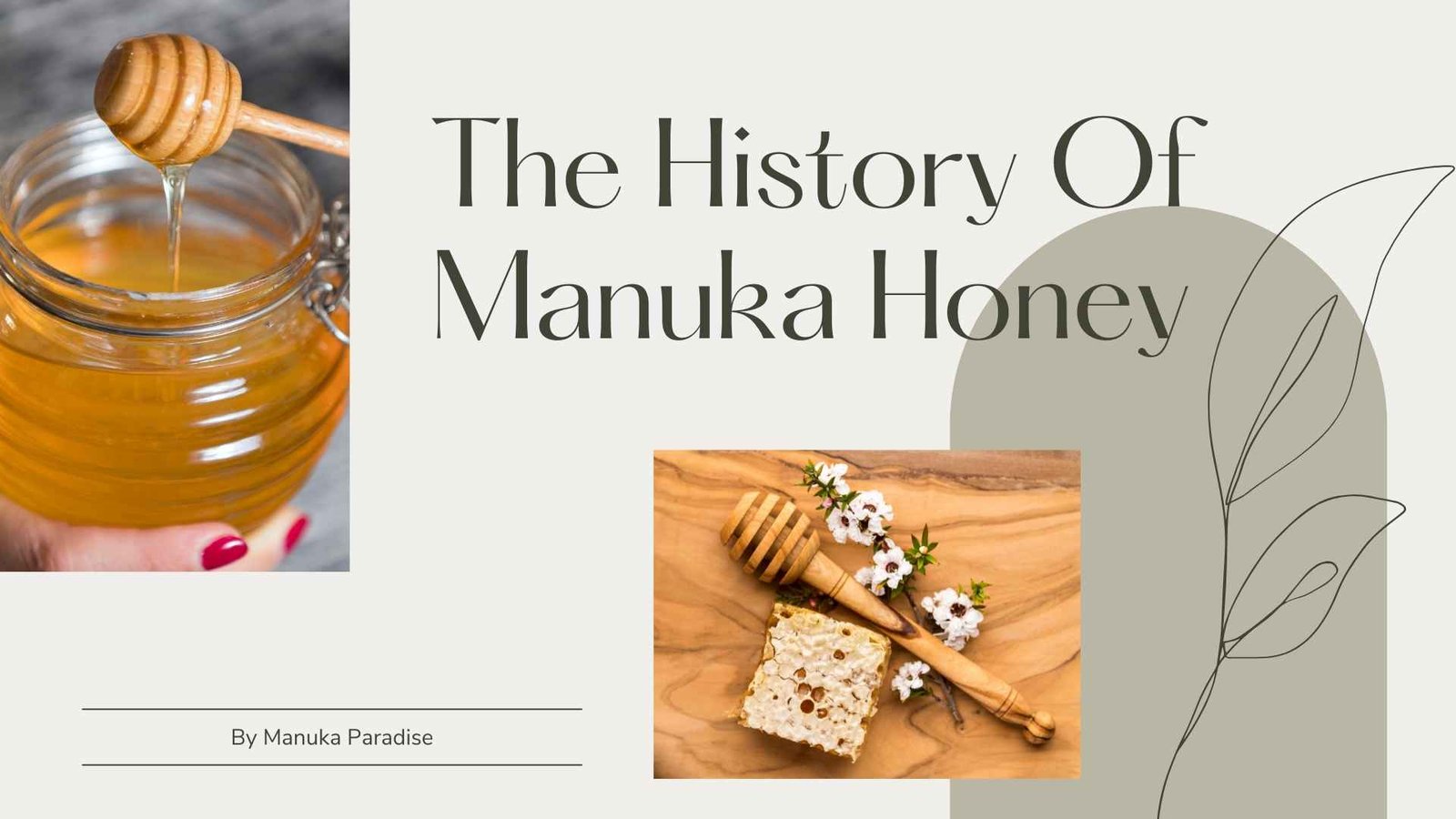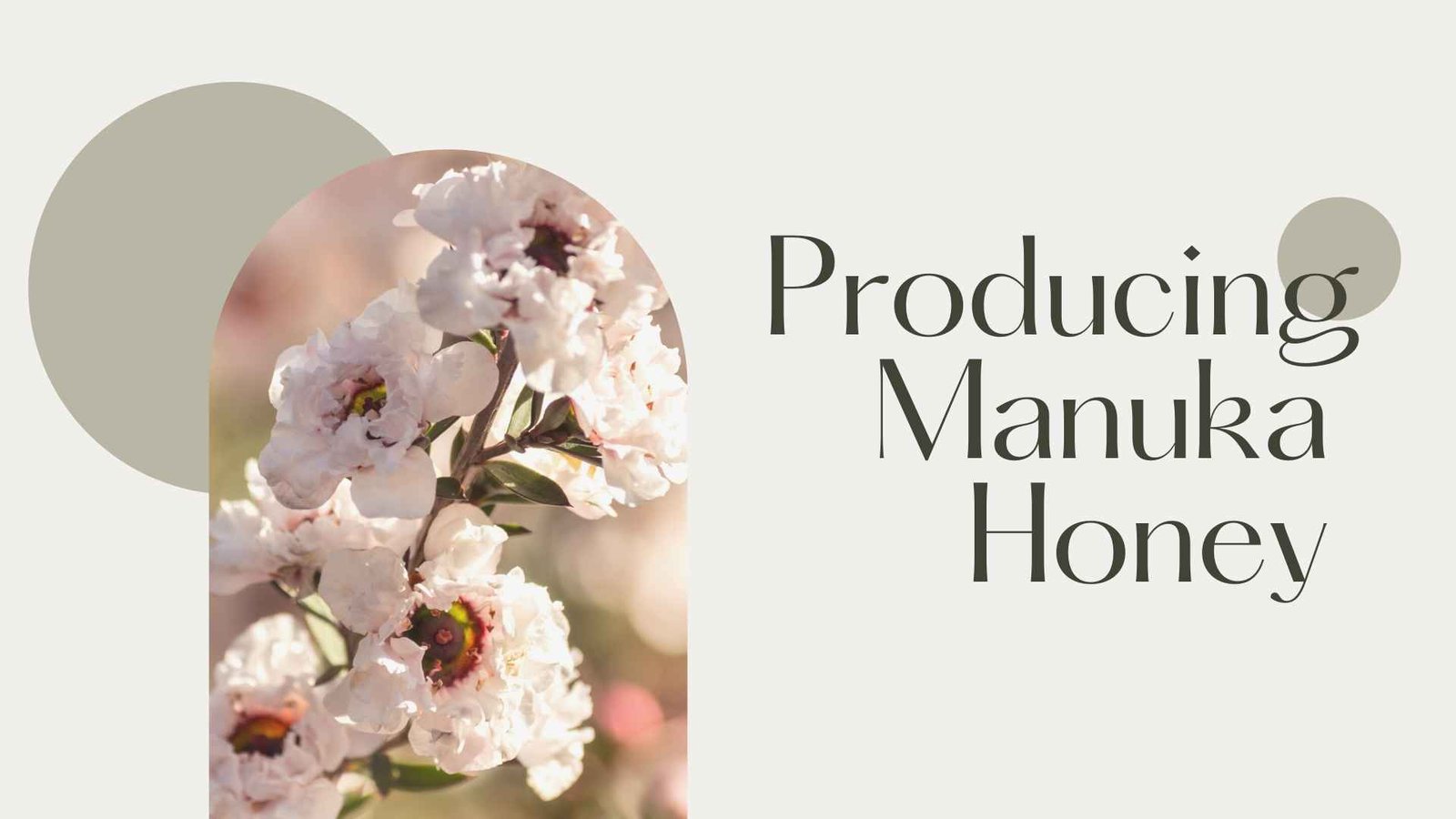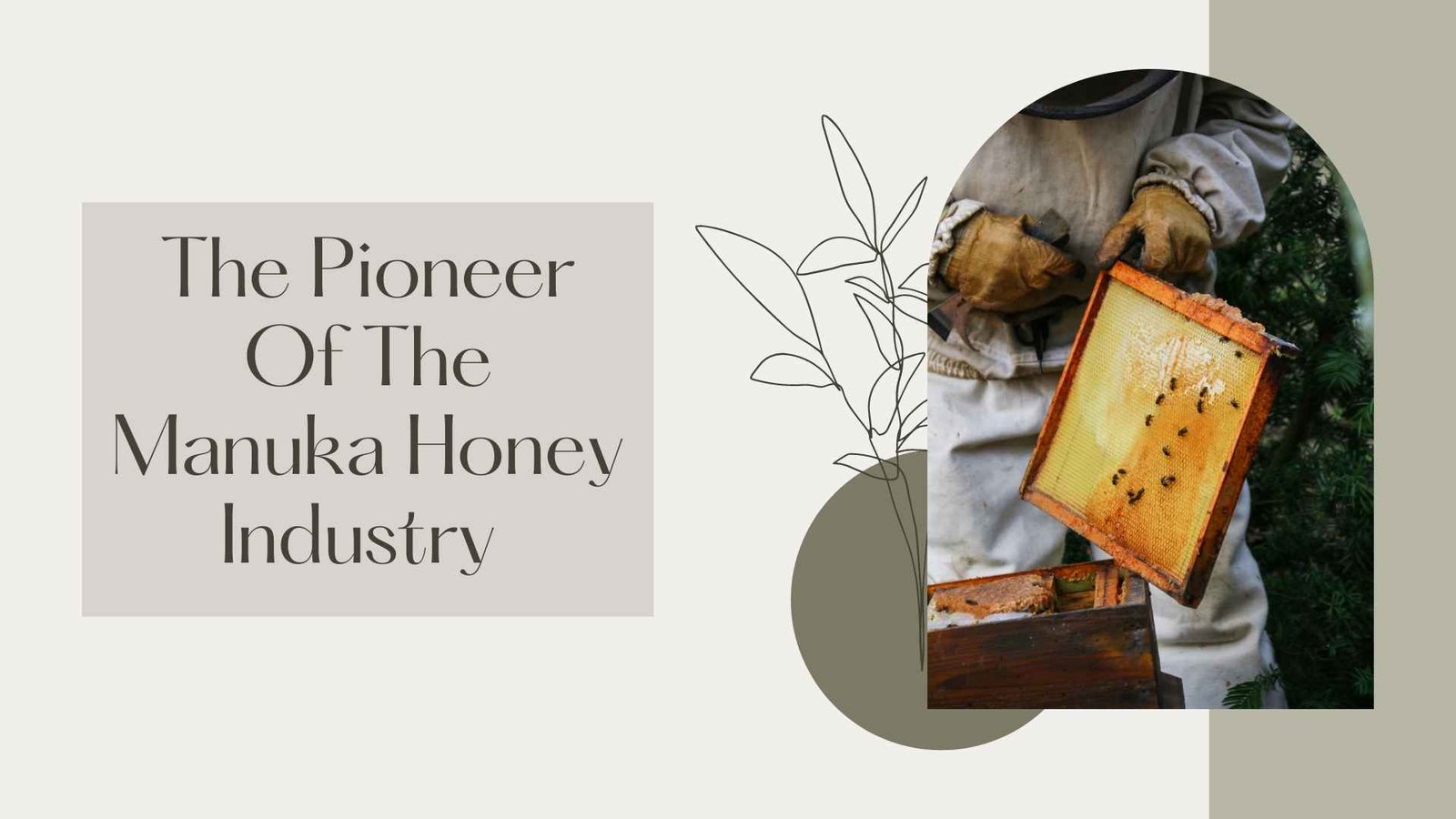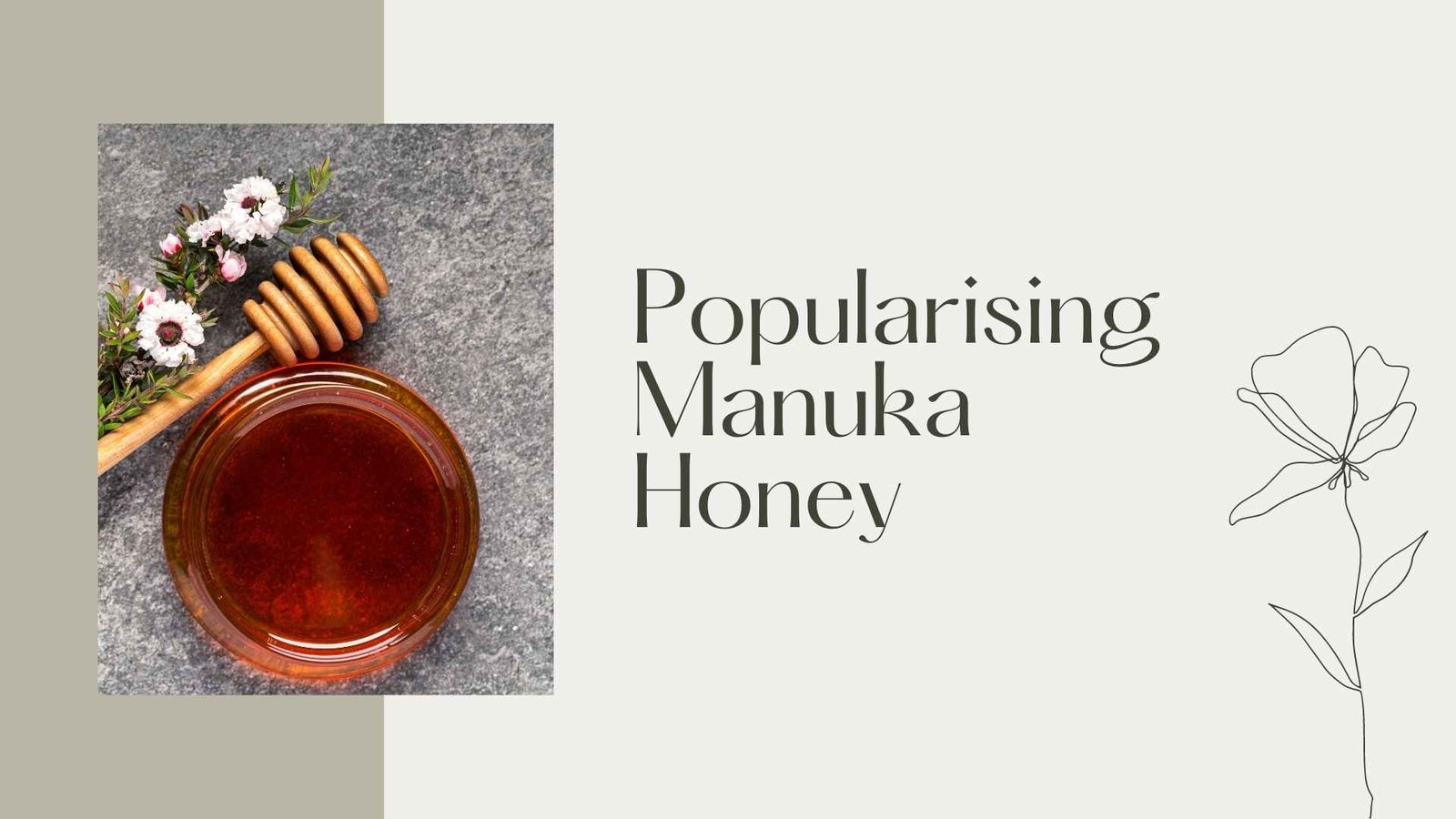Why Choose Manuka Honey?
Manuka honey is a delicious, well-known, natural product. Its benefits and uses are extensive, and many covet this wonderful ingredient. However, you may not have taken the time to learn a little more about the history and origins of this magical ingredient. This article will cover it all!
Producing Manuka Honey
Manuka honey is produced in New Zealand, from the nectar of the humble Manuka plant (Leptospermum Scoparium). It is native to New Zealand and only blooms about 2-6 weeks per year. It is common throughout the North, South, and Stewart Islands, growing in lowland to low alpine regions up to 1800 meters above sea level. The plant only grows in some of the most remote and untouched parts of the country, making Manuka honey a precious ingredient that beekeepers toil to obtain.
The Humble Beginnings Of The Manuka Plant
The Maori people have had a long and ancient history of utilizing the parts of the Manuka tree. The redwood of the Manuka plant was used to fashion everything from paddles and houses to blades and spears. The bark was also used to make water containers and for roofing, given its water-resistant properties. The Maori also realized that infusions made from the leaves of the Manuka plant could reduce fevers and treat stomach or urinary problems. Gum from the tree could also be used as a moisturizer for burn and to ease coughing.
Later on, early settlers also took inspiration from the Maori and began to utilize the Manuka plant. They used the Manuka plant for tea and to brew beer. They even extracted the oil from the leaves for medicinal and cosmetic products.
The Pioneer Of The Manuka Honey Industry
The colonized species of bees required to produce honey were not native to New Zealand. In fact, the colony-building insects weren’t introduced to the Southern Hemisphere until 1839. The bees’ arrival in New Zealand is thanks to the stewardship of Mary Bumby—an English beekeeper and sister of a Methodist missionary. It was only after Ms. Bumby was able to keep two hives alive after a treacherous 6-month voyage across the high seas that such colonized bees were introduced in New Zealand. From there, she established her apiary in a low-lying field where the manuka bushes flourished. That was when manuka honey was first produced.
Making Manuka Honey An Antibacterial Phenomenon
Though Manuka honey was produced, it did not begin to take off as its wonderful properties were not common knowledge. In fact, the wildflower, multi-floral derivatives were more popular than that of Manuka honey. Dr. Peter Molan, a respected New Zealand biochemist, was the person who allowed Manuka honey to shoot to fame and become the recognized product it is today. He was the person who confirmed the abnormally high antibacterial properties of Manuka honey in the 1980s. Dr. Molan’s research on the therapeutic usage of honey has involved a large amount of research, much of which is publicly available. His work also includes research on the many ways that Manuka honey can be administered for would healing, as well as healing and mouth and throat related ailments.
In 1988, as demand sky-rocketed, the Unique Manuka Factor (UMF) was also established by the Active Manuka Honey Group, or what is now known as the UMF Honey Association. In order to receive the UMF certification, beekeepers’ honey must undergo rigorous testing. Only then can it be certified as pure and of high quality.
Popularising Manuka Honey
To date, many celebrities have begun to recognize and advertise the healing, antibacterial and anti-inflammatory properties of Manuka honey. As the demand for Manuka honey grows exponentially, it is important to note that not all kinds of honey are the same. To ensure that the jar of honey that customers buy truly has the litany of benefits that it is advertised to have, the Ministry for Primary Industries (MPI) finalized a robust scientific definition used to authenticate whether a particular jar of honey truly is what it says to be. This also protects the recognized beekeepers and their craft.
Manuka Honey Today
Now, Manuka honey was been widely regarded as a miraculous product, some even likening it to “liquid gold”. To reap the benefits of Manuka honey that have withstood the test of time, do try out some of our UMF-certified honey today.
